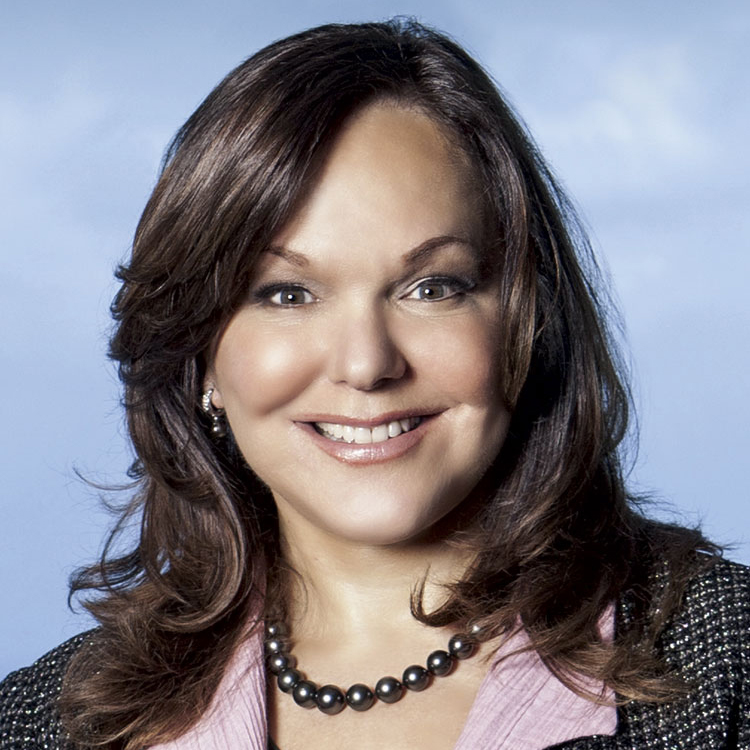Poverty is not a crime

Photo of Hilarie Bass courtesy of the Office of the President
“It is fundamental that justice should be the same, in substance and availability, without regard to economic status.” Those are the words of former U.S. Supreme Court Justice and American Bar Association President Lewis Powell, Jr. in 1976.
But the sad reality is that in America today, economic status can determine the type of justice you receive. Not just due to the “justice gap” caused by under-funded civil legal aid offices that must turn away half of those seeking help. And not just because public defender offices are overwhelmed. But because a court system punishes people of lesser means by levying fees and fines on them that they have no hope of paying.
Every day, courts impose a range of financial obligations on individuals charged with criminal offenses or civil infractions. These can range from fines for low-level offenses like traffic tickets all the way up to fines for felonies. In almost every jurisdiction, there are numerous fees charged for using the justice system.
Many of these fees exist to raise revenue and fund the justice system. As the rate of incarceration grows, financially pressured state and local governments have turned to justice system payments for additional revenue.
The last Department of Justice survey on the issue in 2004 found that two-thirds of all prison inmates had criminal justice debts, up from 25 percent in 1991. Many experts believe the figure is closer to 85 percent today. Most inmates cannot come close to paying.
These policies perpetuate poverty, aggravate racial disparities because they disproportionately affect communities of color, and erode trust in the legal system. Unpaid fines can result in the suspension of driver’s and occupational licenses, and prevent people from finding employment and a way to pay.
Despite the 1983 Supreme Court ruling in Bearden v. Georgia, which found that no one could be jailed for their inability to pay a fine, incarcerations for failure to pay are still common. National data on individuals jailed for inability to pay fees does not exist. But a 2014 survey conducted by National Public Radio, the Brennan Center, and the National Center for State Courts found that in Benton County, Wash., 25 percent of the people in jail for misdemeanors were there for nonpayment of fines and court fees. In Rhode Island, 18 percent of all defendants jailed between 2005 and 2007 were incarcerated because of court debt. Anecdotal evidence of failure-to-pay arrest is abundant.
This is not equal justice, and the ABA is working to fix it. First, we set up a Working Group on Building Public Trust in the American Justice System chaired by Rob Weiner. The group will propose a resolution for the House of Delegates in August opposing the incarceration of individuals simply because they are unable to pay judicially imposed fines and fees. The resolution will offer 10 guidelines to jurisdictions to help ensure that no one is jailed because they cannot afford to pay a fine or fee. They will call for mandatory “ability-to-pay” hearings, and offer alternatives to incarceration and substantial monetary penalties.
Second, the ABA — thanks to a grant from the Laura and John Arnold Foundation — has expanded a court monitoring program that began last fall in Nashville with a group of volunteers. The program, which expanded to New Mexico, Miami and Tallahassee, Florida, will observe courts to see if they are imposing fines and fees without considering a defendant’s ability to pay. We expect reports with results from New Mexico in early 2019 and from Florida in June 2019.
Instilling and maintaining trust in our justice system is imperative to the peaceful functioning of our democracy. Poverty, in and of itself, should never be criminalized. The ABA is committed to protecting against a two-tiered justice system: one for rich and one for poor.
As Justice Powell eloquently stated, “Equal justice under law is not merely a caption on the facade of the Supreme Court building; it is perhaps the most inspiring ideal of our society. It is one of the ends for which our entire legal system exists.”
Follow President Bass on Twitter @ABAPresident or email [email protected]. This article was published in the July 2018 ABA Journal magazine with the title “Poverty is not a crime: ABA works to curb disproportionate effect of excessive fines and fees on the poor.”



